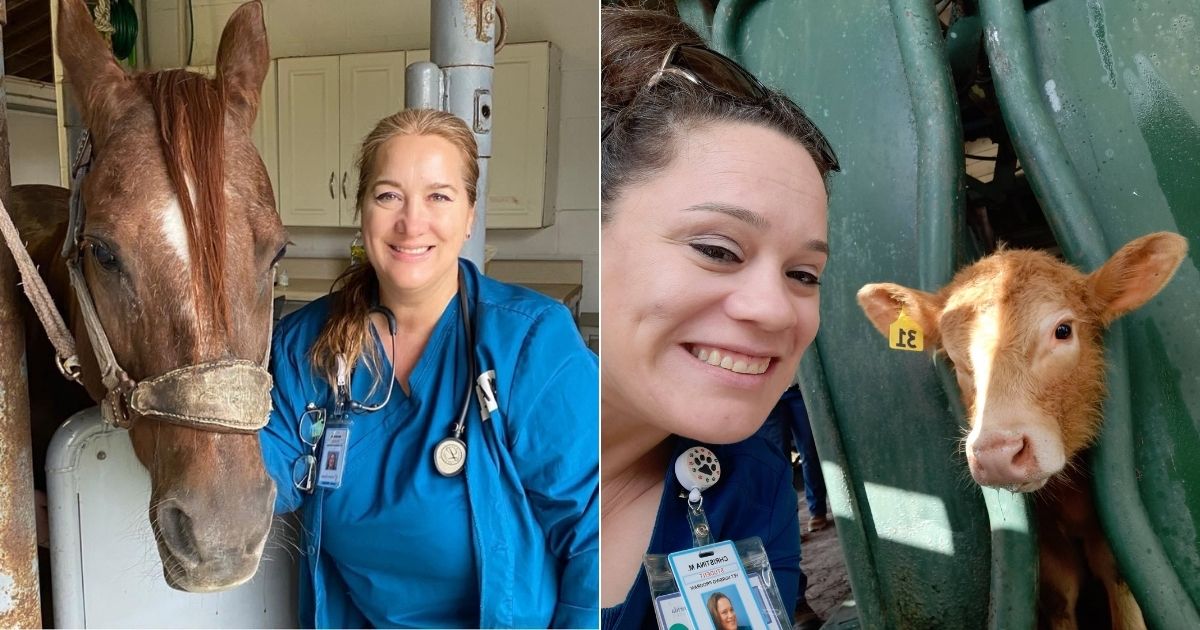You’re a champ! You submitted an eye-catching resume, got invited to the interview, dressed professionally, and answered every question confidently and clearly. Then, the hammer drops. “Do you have any questions for us?” asks the interviewer in conclusion.
It’s the final question — the last chance to make a great impression. But what questions are appropriate? And what’s the interviewer really asking here?
“Do you have any questions?” remains the most popular way to end an interview, regardless of industry. Expect it! Preparing your answer in advance can help you to enter the interview more confidently and end with a solid final impression.
What the Interviewer Really Wants To Know
No matter the interviewer’s motivation, they’ll view the questions you ask as a sign of your interest in the position.
How To Answer It
First, make sure you answer it! Saying “no” may be interpreted as a sign of disinterest or lack of consideration about the job. Also, avoid straightforward “yes” or “no” questions. The best questions show eagerness about the position or help you learn more about the job and your coworkers.
Questions To Avoid
To leave a great final interview impression, prioritize what you can do for the employer rather than vice versa. Don’t ask any deeply personal questions or those related to money or benefits. Avoid these types of questions:
How Much Money Will I Make? What Benefits Will I Receive?
At some point, salary will be discussed when you’re offered the job. Avoid asking what you’ll get out of the position until then.
Do You Have Kids? Tell Me About Your Family!
It’s illegal for an employer to ask questions about family or children, and just as inappropriate for you to ask the employer these things.
What Are Your Religious/Political Beliefs?
Keep this highly personal information out of the interview. The employer is not allowed to ask you these types of questions, so you should return the favor.
What Are Your Company’s Future Plans and Current Developments?
Interest in the company is good, but avoid asking about potentially confidential projects or goals.
How Long Is the Lunch Break? How Much Time Off Do I Get?
These questions make you seem eager to slack off rather than contribute. Save them for when you’ve been offered the job!
What Does Your Company Do? What Am I Doing in This Role?
These questions are a big red flag to the employer that you haven’t done your research. This information can be easily found with a quick website search or review of the job requirements. Avoid asking questions that you can find the answers to yourself.
Questions To Ask
Questions that show your interest in the opportunity leave a great final impression on your interview. Your genuine desire to learn should come through. Here are a few ideas:
What’s Your Biggest Need? How Can I Help Meet That Need in This Role?
This question doesn’t demand divulging confidential information. Instead, it shows your interest in helping the employer achieve their goals. Even if your role is small, you want to contribute.
What’s Your Favorite Thing About Your Job?
This allows the interviewer to talk about themselves (who doesn’t love that?). You will also learn more about the rewarding aspects of the job, as well as the company culture.
What’s One Skill or Experience I Haven’t Already Mentioned That Would Make Me a Great Fit for This Job?
You’ve already named a lot of strengths and relevant experiences, but this question allows you to qualify yourself for the job even further! Imagine the interviewer responds with, “Even though this position isn’t a supervisory role, we consider having a leadership mentality to be an important part of every person’s work.” This gives you a chance to respond with examples of your leadership experience!
How Do You Define Success in This Role?
Any question related to the company’s vision, mission, and outcomes shows interest in being part of that success. This question allows the interviewer to name specific factors they’re considering when evaluating your abilities (number of clients served, professional networking, artistic innovation, etc.).
May I Have a Copy of Your Business Card?
This not only shows your interest in reconnecting but also gets you access to the interviewer’s email address. Be sure to send a thank you email within 24 hours, thanking the interviewer for their time, reiterating your qualifications, expressing interest in the job, and including any information you may have forgotten to say in the interview.
A Few Final Tips To Remember
As with all things, moderation is important. Try to limit yourself to no more than two questions (unless otherwise prompted by the interviewer) so that you are considerate of their time. Remember: They probably have other candidates to interview after you! This shows conscientiousness and good time management. If the interviewer starts looking at their watch or stacking up documents, take that as a sign to wrap things up.
However, even though you’ll only be asking one or two questions, it’s a good idea to have at least five prepared. This way, if the interviewer answers your questions during the interview, you still have something to ask at the end. (Don’t ask an already-answered question, as that might indicate you weren’t paying attention!)
After the interview, be sure to leave a final impression with a strong handshake. Then, within 24 hours, send a thank you email to every person who interviewed you.
Need Help Preparing for Your Interview?
The Career Center is here to assist! Did you know we have a free, online simulator called Perfect Interview that you can train with 24/7? Or that you can schedule meetings with a Career Center Coordinator to practice your interview skills?
Whether you have questions about your career path, job hunting, or interview preparation, you can contact your campus’ Career Center for personalized assistance. We look forward to helping you succeed this semester — and beyond!
- “I was Destined to Save Lives” – Ary Quinones’ Journey to Nursing - May 7, 2025
- Service-Learning: Celebrating 37 Years of Changing Lives and the World - April 30, 2025
- Alumni Spotlight: Cody B. Monahan - April 23, 2025




